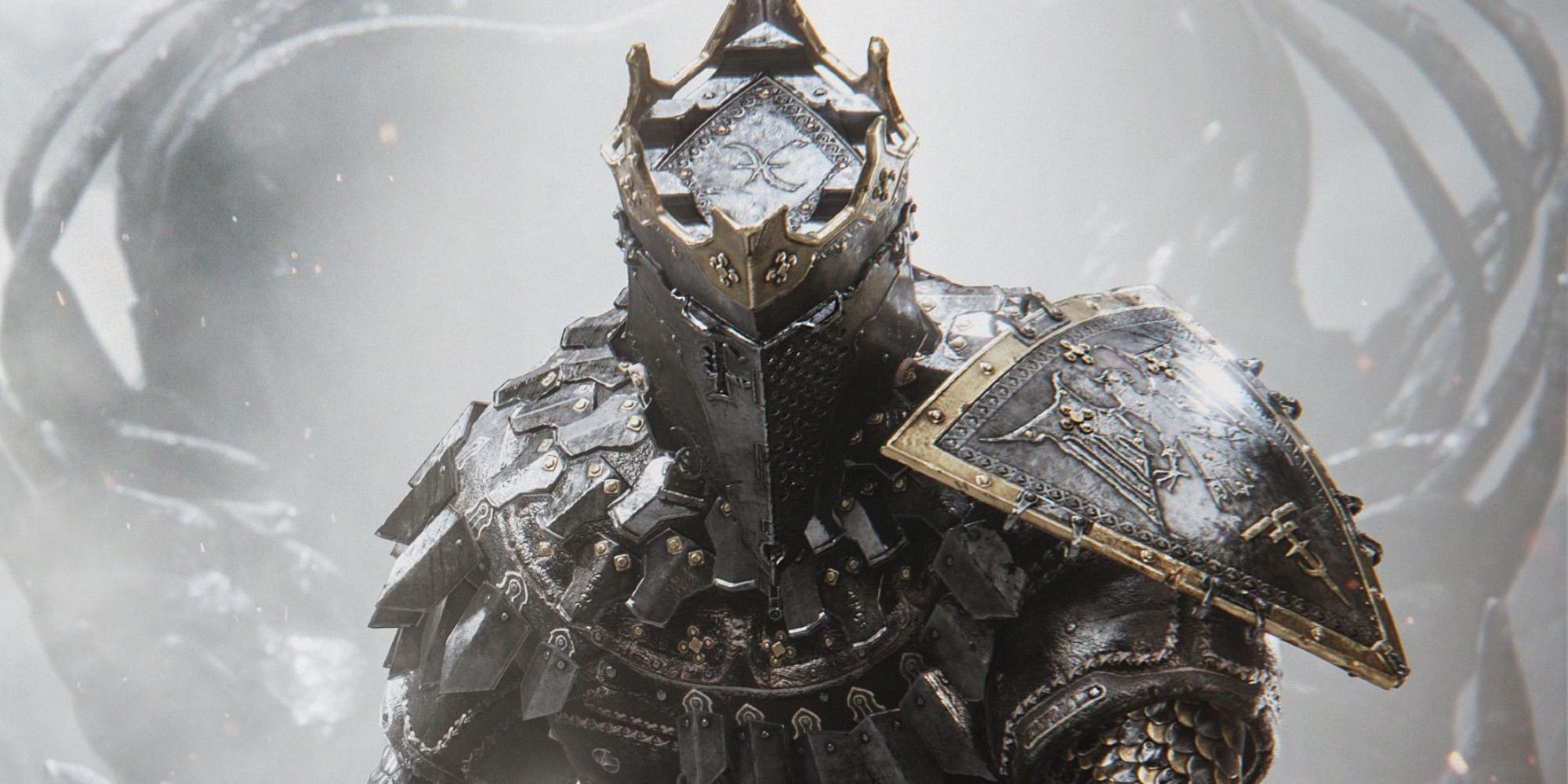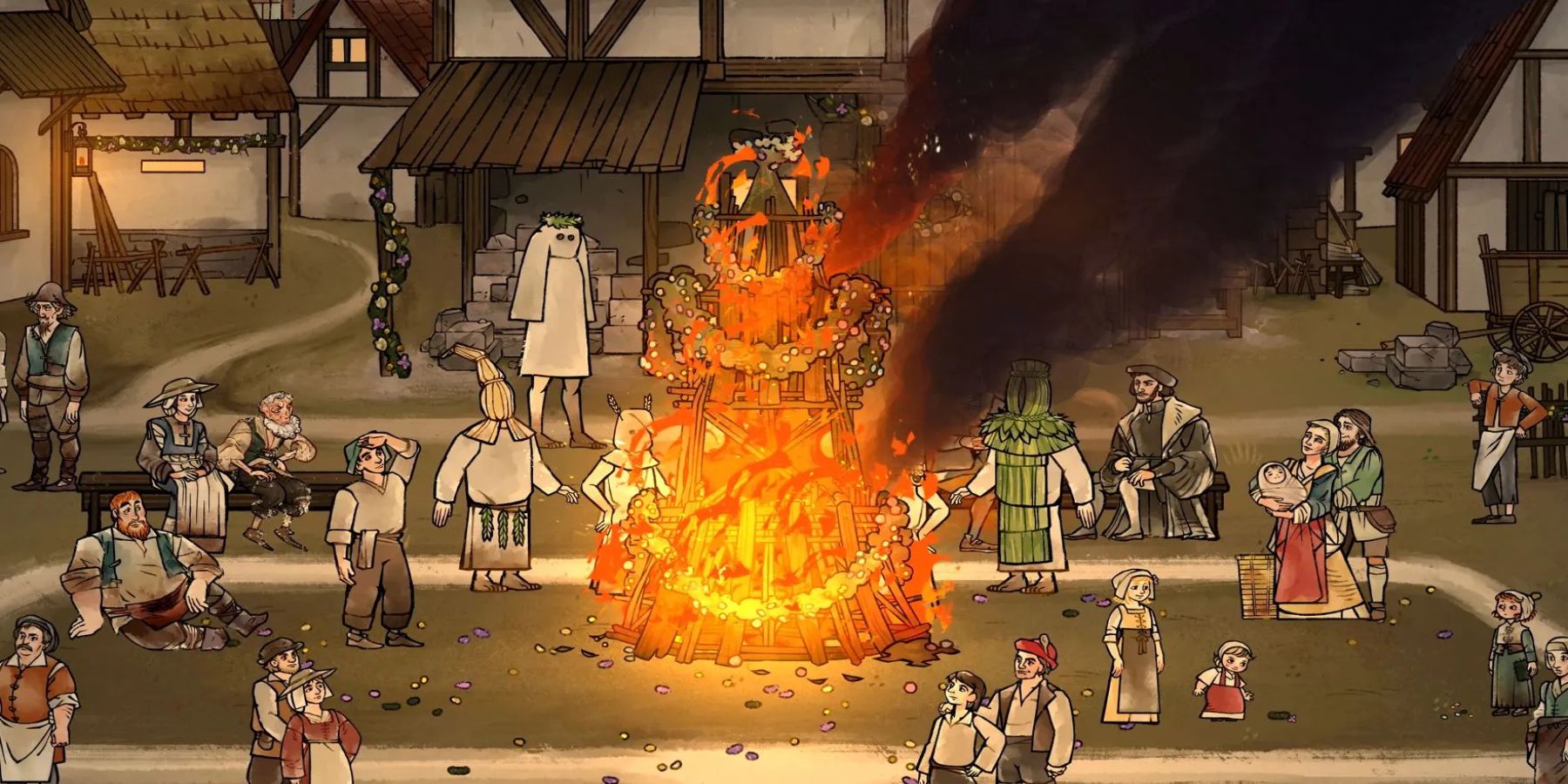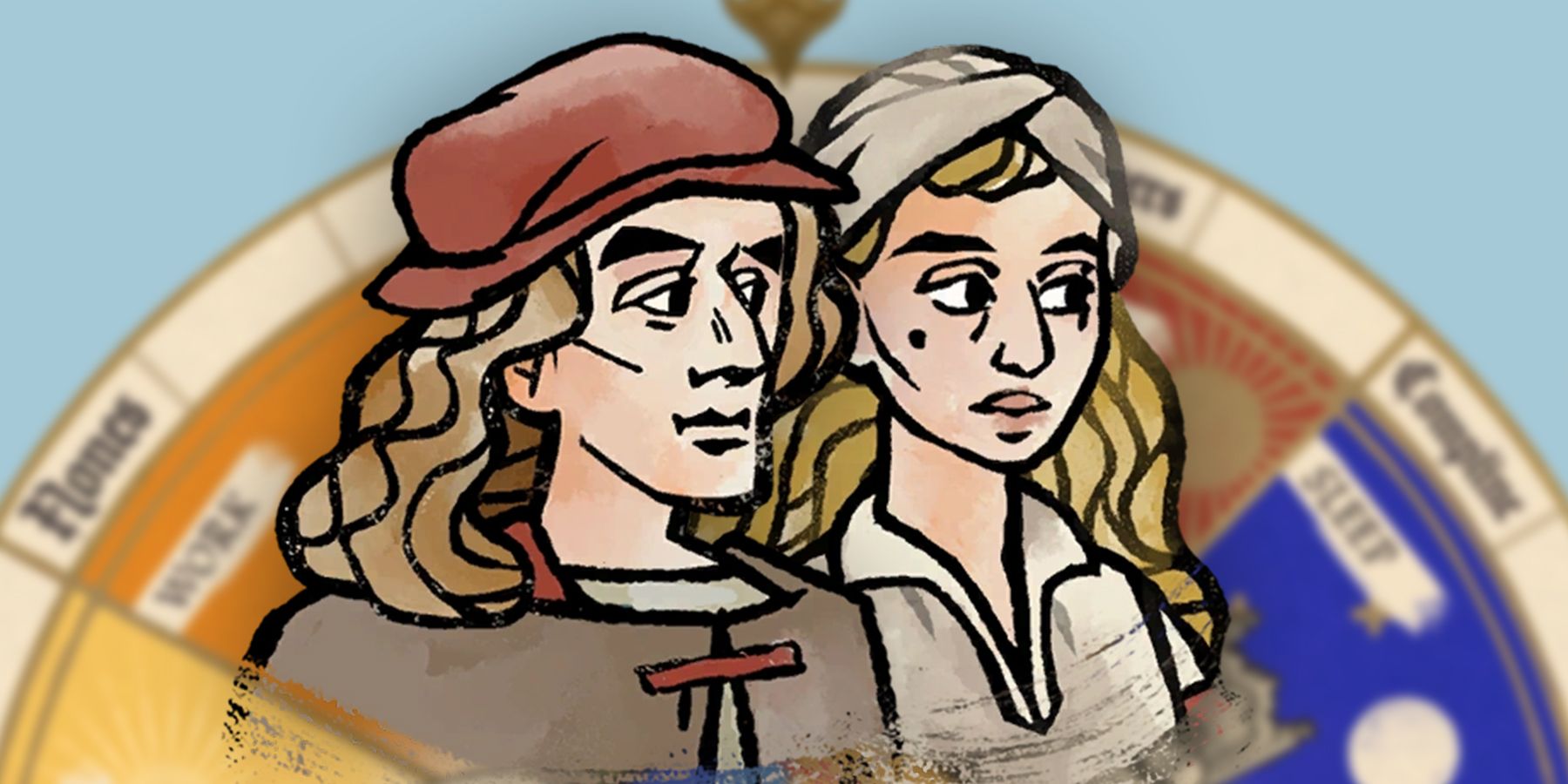Obsidian Entertainment is known for its range when it comes to games it produces, and last year's Pentiment was no exception. The game is a perfect example of the studio's penchant for experimenting with the genre as well as its artistic ambition. The Obsidian Entertainment game set in the medieval era is stylized to give the appearance of an illuminated manuscript, and crafts together a colorful murder mystery. The player tries to navigate the many conflicts that erupt between local monks and the village folk that are all on edge from the recent grisly attacks. Its success means there's hope for a sequel, but the game's theme and arcing story would perhaps best be served with a change in focus.
From Baldur's Gate to Fallout, Obsidian's diverse library of games has long been one of the studio's biggest assets. The studio has proven time and time again that it is more than capable of crafting incredible works from nearly any source material and in any genre. Yet even among the other titles that sit under their name, Pentiment stands out. The game is notably less action-oriented than previous games released by the developer. This along with the muted art style and the game's more realistic setting and characters would have made the game something of a risk even for such a bold studio, but time has proven that such a risk has paid off well.
The Potential for New Stories in Pentiment's World
While the game's late medieval version of Clue has received ample praise from fans, if the studio has any plans to make more of these types of stories, giving them a different focus could help to keep up interest in the game's world. Rather than continuing on a linear narrative for Andreas, a spin-off story could find a new way to explore the power struggle between medieval Christianity and the Pagan traditions that shaped the land and cultures of much of Europe. With the political climate of the continent at the time and how its struggles mirror those the protagonists face, a second Pentiment game wouldn't have to tie itself to Bavaria.
Andrea and Magdalene may have seen their story come to a close, but with the wide variety of burgeoning art movements at the time and how they were used as means to gain power a sequel could take players to Italy, Russia, Ireland, or other European countries. Throughout medieval history, art was not only a primary way of keeping records and presenting ideas to the masses but also a tool of control. The small village of Tassing was practically a character in itself with how its history and landscape shaped the story, but another Pentiment game could tell the stories of the countless other small towns affected during these times.
Pentiment tells the story of a changing cultural landscape and how the truths of the past can be unbearable for those in the present, and that is hardly a theme specific to these two people who happened to find themselves in this one village. The game's imagery distinctly belongs to Western Europe before the 1600s, but the overall themes of art outliving its original meaning and people's lives being bound by the decisions of those who came before them are universal.
Pentiment 2 could explore how other places or even times were just as affected by this as Tassing. However, given that none of the developers have revealed plans for a sequel and the number of years Pentiment waited to be released, it's fair to assume that a continuation of any kind shouldn't be expected any time soon.
Pentiment is available now on PC, Xbox One, and Xbox Series X/S.





